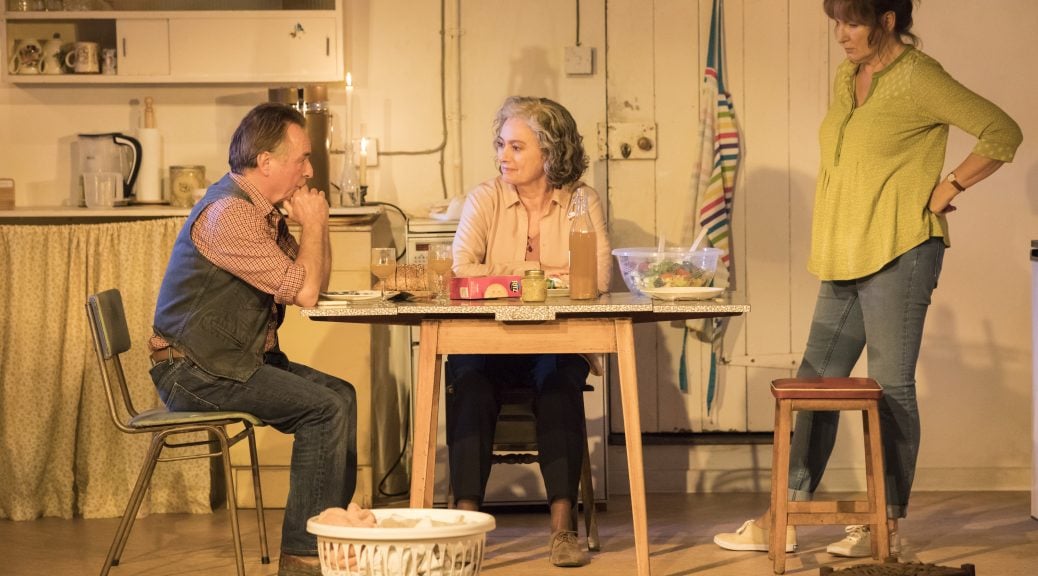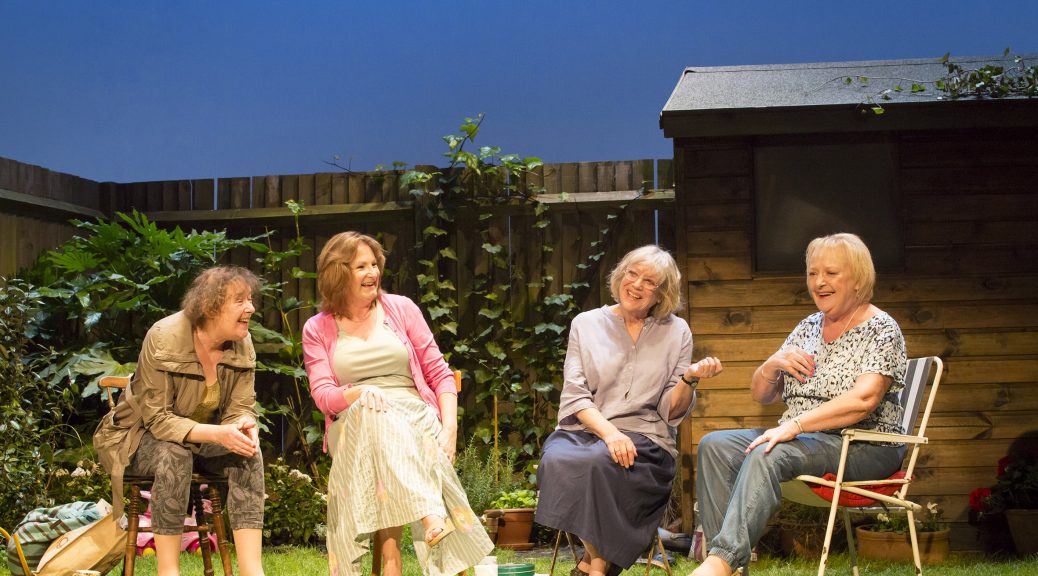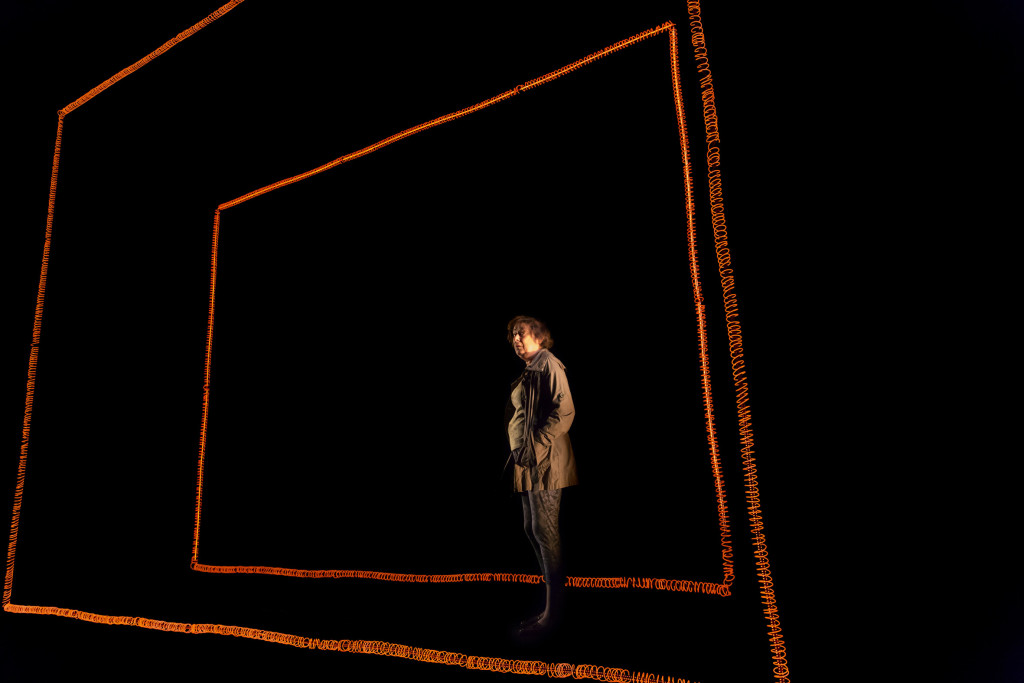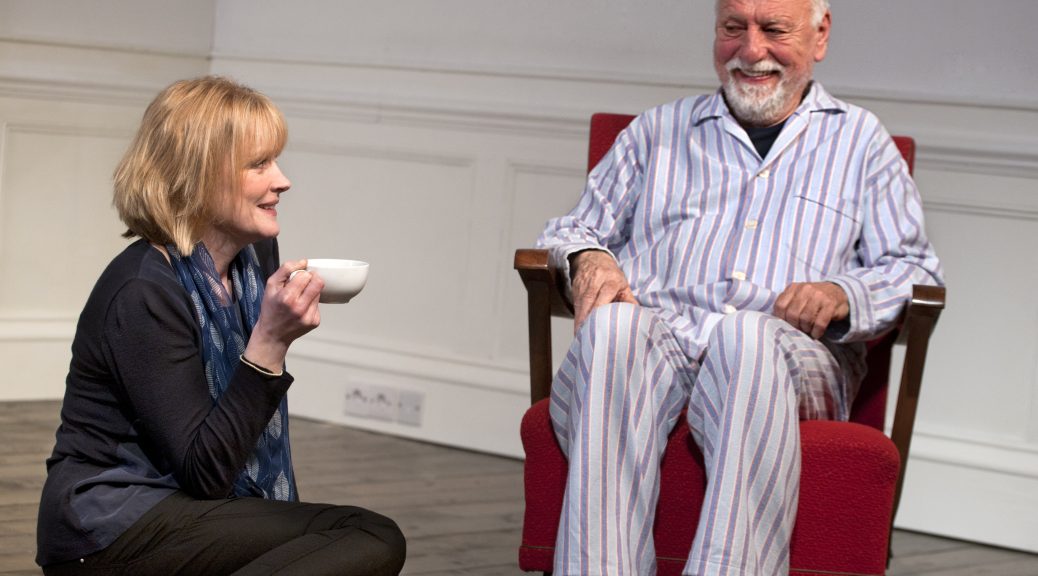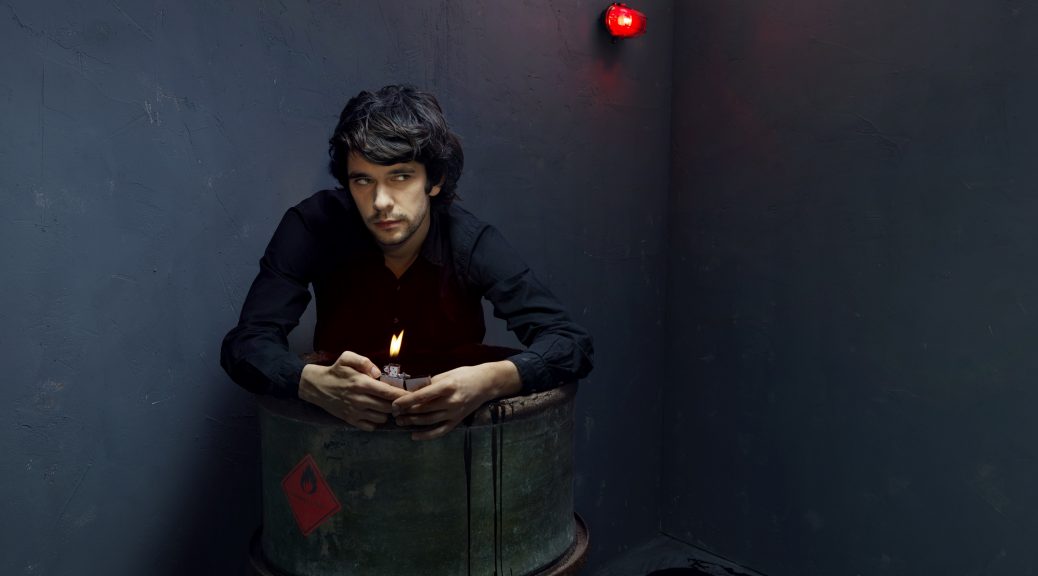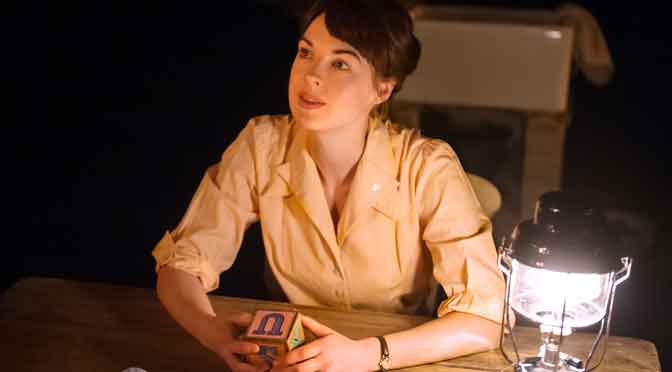The critical consensus seems to be that Lucy Kirkwood’s new play is slow. True, it’s three talking heads: retired physicists coming to terms with a disaster at the nuclear power plant that they built and tackling personal meltdowns along the way. But Kirkwood’s wit – there are some very good jokes here – and some fantastic characterisation make her play so entertaining it grips from start to finish.
Against the dramatic backdrop of exclusion zones and power cuts, director James Macdonald allows the dynamics between three old friends (and lovers) to develop, doing justice to Kirkwood’s observations and dialogue. The carefully crafted performances are strong. Ron Cook plays Robin, who feels “eroded”, with a grumpy old man act that proves more complex than the first gags suggest. Francesca Annis performs as his one-time mistress, Rose, making the most of her character’s humour and mystery; reappearing after many years to pose the play’s dilemma – her plan to return to the toxic plant to replace younger workers who have more of their lives ahead of them.
In a year that’s seen several strong roles for mature women (there are interesting parallels here with Caryl Churchill’s Escaped Alone, which makes a welcome return early next year), Rose is joined by Ron’s wife Hazel, a brilliant part that allows Deborah Findlay to make the play her own. The atmosphere surrounding this “cautious” character crackles with tension, and the relationship with her husband is full of credible touches. Findlay even lights candles in character: carefully using only one match to suggest, ironically, eco-friendly convictions.
Hazel is appalled by Rose’s self-sacrificing suggestion – she doesn’t see her life as anywhere near over. Behind the homely touches there’s a steeliness that present the counter argument. Kirkwood isn’t simply baby-boomer-bashing, but it’s pretty clear where she thinks the moral obligation lies. Children is a less showy affair than the playwright’s biggest hit, Chimerica, or her previous work at the Royal Court, NSFW. The theme tackled, the responsibility of one generation to another, is thought provoking – this problem feels real world and ripe for exploration. But the presentation and symbolism are too blunt. Utilitarianism is a hard taskmaster and doesn’t leave a dramatist much room for manoeuvre.
Until 14 January 2016
Photo by Johan Persson

